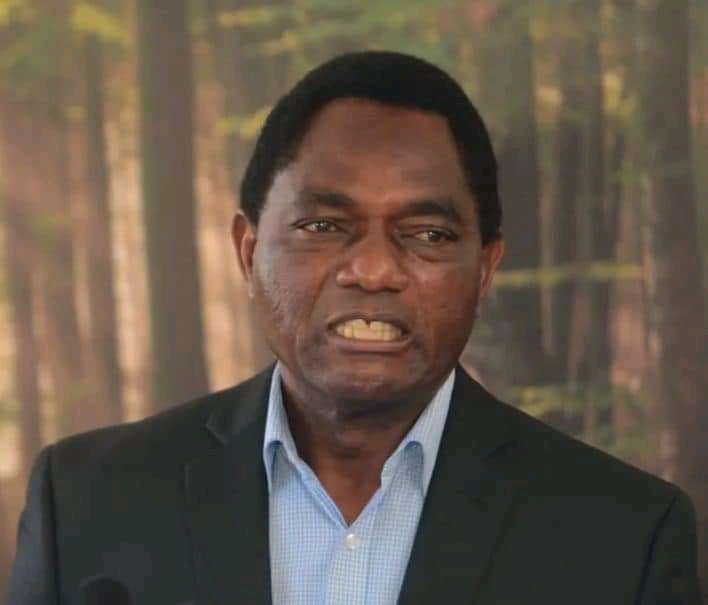SISHUWA SISHUWA writes on X (formerly Twitter)…
President Hichilema has fired more judges in three years — seven and counting — than all his six predecessors did in 57 years: one!
A more structured and broad minded approach is extremely beneficial as opposed to the targeted and individual changes we are seeing. The reality is that we will always have the problem of incompetent and unqualified judges as long as the process of appointment is led by the executive. It does not matter who is in power. As long as we maintain the framework of appointing judges that we have been using until now, the result will always be the same: a judiciary that generally lacks the ethos of independence, integrity and accountability. Transparency in the judicial appointments system is one of the key issues that need to be addressed in order to stop this persistent challenge. Targeting individuals for removal is not the way to go because this approach does not address the root of the problem: the appointment process. Even several of the judges that Hichilema himself has appointed do not qualify to sit on the bench!
The very fact, in Zambia’s case, that the Judicial Service Commission (JSC) can only recommend appointments leaves room for manipulation. The executive should not be given any authority to alter what has been decided by a competent body, once that body is properly constituted. I know of an accomplished law professor who, when the JSC approached him for the ConCourt position, indicated his availability subject to the positions being advertised. Of course the positions were not advertised. He was subsequently informed that the JSC had recommended him for President of the Court (without interviewing him!), but the list was changed (presumably at State House) which would violate the Constitution. This shows the room for manipulation that I am talking about.
I do think that our courts have also missed the opportunity to properly apply the law. In Minister of Information v Chembo, the Supreme Court gave a narrow interpretation of “recommendation” which has since been abused by the executive to appropriate to itself constitutional powers it does not have. But the current executive has gone beyond merely exercising the discretion to refuse to appoint those recommended by the JSC to doing the selection, which is not constitutionally permissible. In Kenya, the courts have made clear in several cases that the President is bound by the JSC’s recommendations and that the President’s role in the process is ceremonial: formal act of appointment, swearing in and gazettement. We will do well to push for reform that takes Zambia in this direction.
Source:
President Hichilema has fired more judges in three years — seven and counting — than all his six predecessors did in 57 years: one!- SISHUWA SISHUWA
